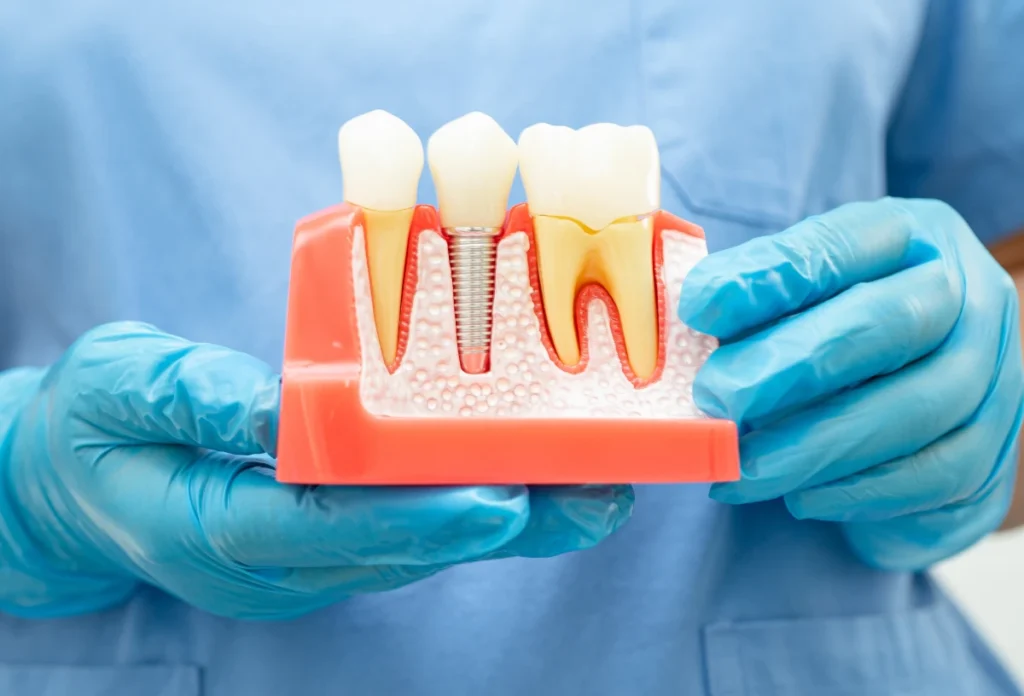Do Medicaid or Medicare Cover Dental?
Even though Medicare and Medicaid have been around for several decades, many Americans do not have a clear understanding of what these programs are, the amount of dental coverage they provide, and who is eligible. Because maintaining a healthy mouth can go a long way toward promoting your overall well-being, it is important to understand how these government programs may or may not assist you.
What Is Medicaid? Does Medicaid Cover Dental?
Medicaid was created to provide medical and dental treatment to the very poor, the disabled, and the impoverished elderly.
Certain people including pregnant women, low-income children under 21 years of age, non-Medicare eligible elderly, and low-income individuals with disabilities are automatically eligible for this program.
Because Medicaid is a partnership between the federal government and participating states, levels of coverage and restrictions can vary widely depending on where you live.
Medicaid has specific guidelines called Early Periodic Screening and Diagnostic Treatment(EPSDT) that stipulate what recipients under age 21 are eligible to receive coverage. If you are an eligible recipient under 21, the program will pay in full for your following services:
- Screenings
- Regular dental care for pain relief
- Infections
- Teeth restoration
In addition, it helps cover emergency procedures and preventive services such as:
- Sealants
- Cleanings
- Crowns
- Pulp therapy
- Non-cosmetic orthodontic treatments
For those over 21, what the program will and will not cover varies widely according to the state in which the recipient lives. For the majority of American adult members, comprehensive dental care is not provided.
For disadvantaged children under 21, the disabled, the elderly, and the poor, Medicaid provides a vital safety net. Yet, many of our most vulnerable citizens are still unable to access the dental care they need. This is because a large percentage of the dentists in this country do not accept it. As a result tooth decay remains the most common disease in American children, according to the Academy of General Dentistry, particularly in those below the poverty line. Furthermore, many adults in desperate need of dentistry cannot receive the care they need.
What Is Medicare? Does Medicare Cover Dental?
While Medicare is designed to subsidize the medical expenses of people who are over 65 years of age or significantly disabled, its dental coverage is extremely limited. By law, this program isprevented from covering routine procedures, including:
- Cleanings
- Fillings
- Extractions
- Dentures
In fact, the program only covers dentist expenses in rare, specific cases, such as:
- If you have had an automobile accident and require reconstruction of your jaw.
- If you need to have teeth extracted before receiving radiation treatments for neoplastic jaw disease.
Instances like these are comparatively rare, leaving most recipients wondering how they can pay the often high out-of-pocket costs for dentist visits.
How Dental Discount Plans Can Help Fill the Gap
Perhaps you receive Medicaid but live in a state that does not provide comprehensive dental coverage. Or maybe you are elderly and looking for assistance in paying for the dental work that Medicare is legally prohibited from providing. You may be tempted to postpone visits to your dentist because of the financial burden. Thanks to discount dental plans like the Careington 500 Series plan, however, you don’t need to sacrifice your dental health just because your finances are precarious.
Dental discount plans are supplemental programs that can furnish you with the care you need at a price you can afford. If you choose one of these plans, there is no need for you to give up or change anything about your Medicaid or Medicare coverage, which can continue to provide you with other medical and hospitalization benefits. Consider giving your Medicare or Medicaid benefits a boost with a plan like the Careington 500 Series.






